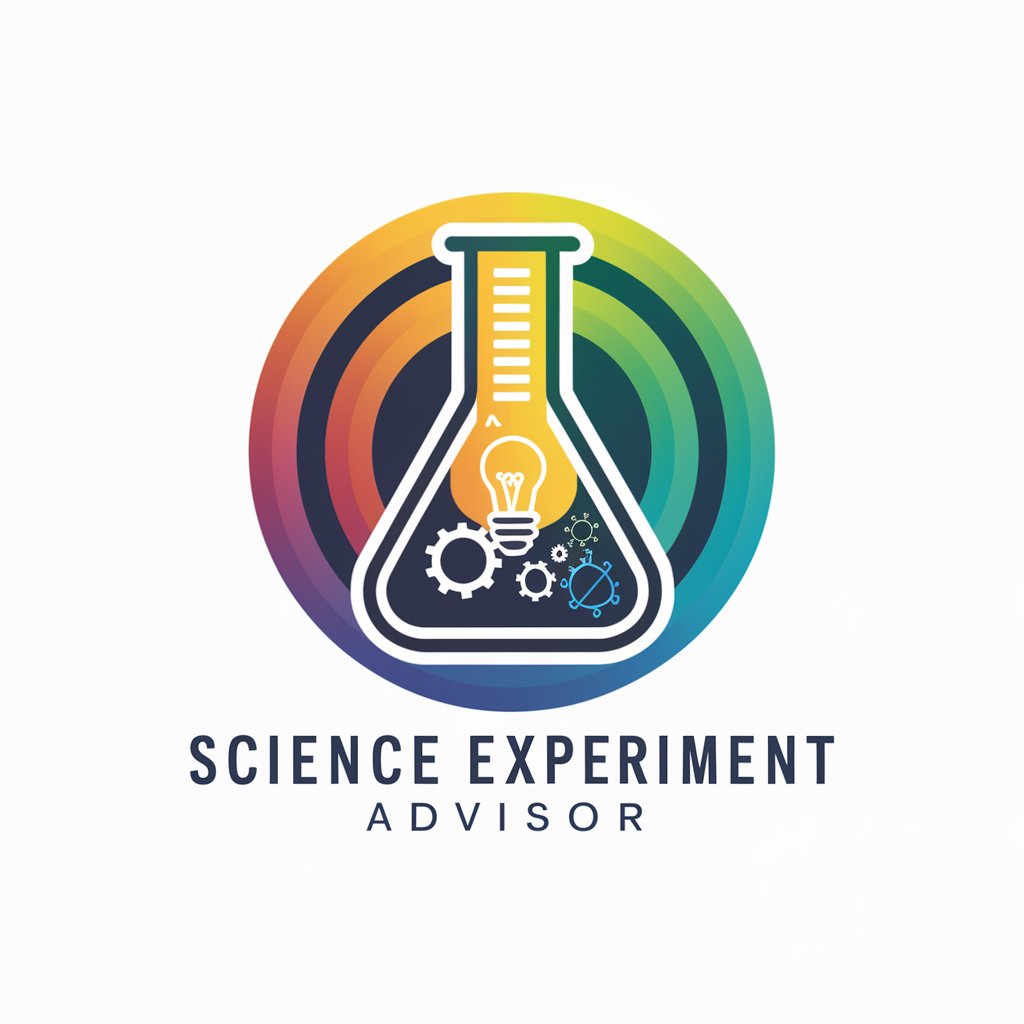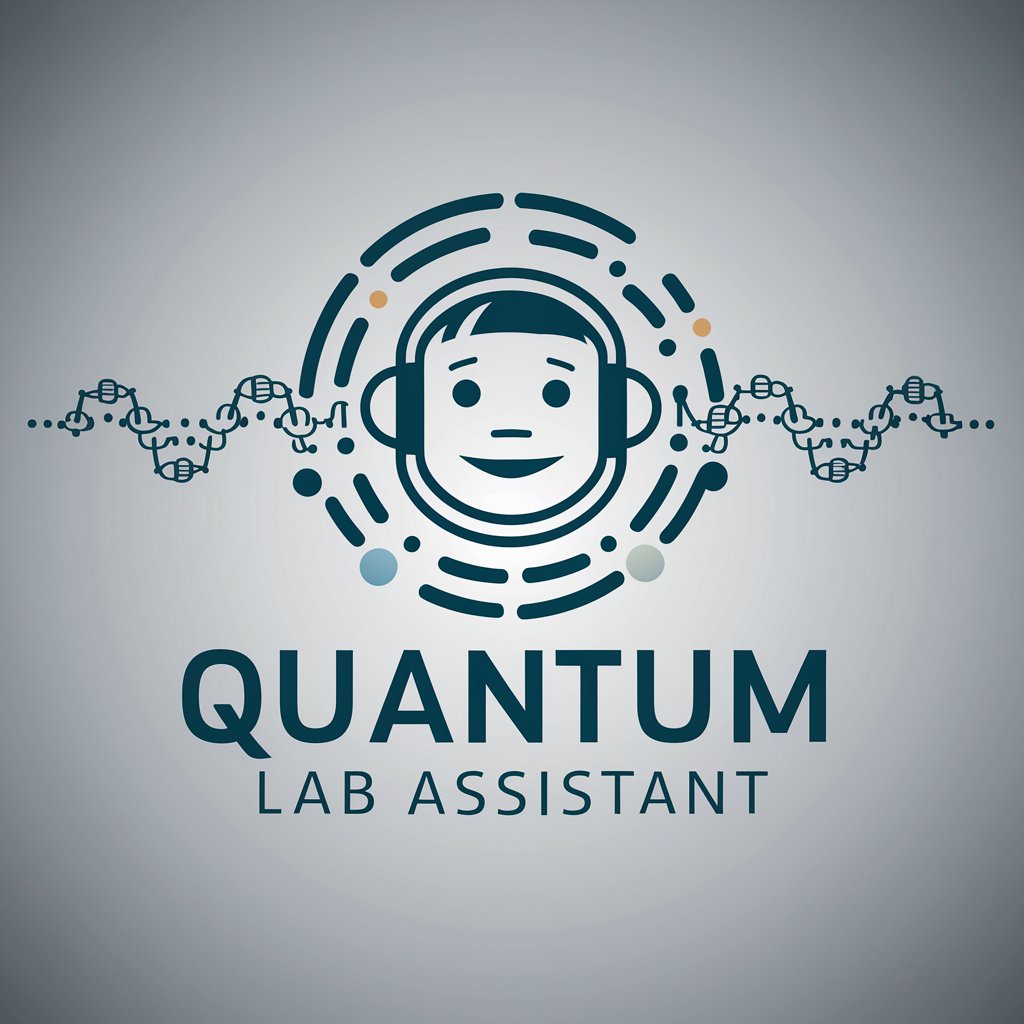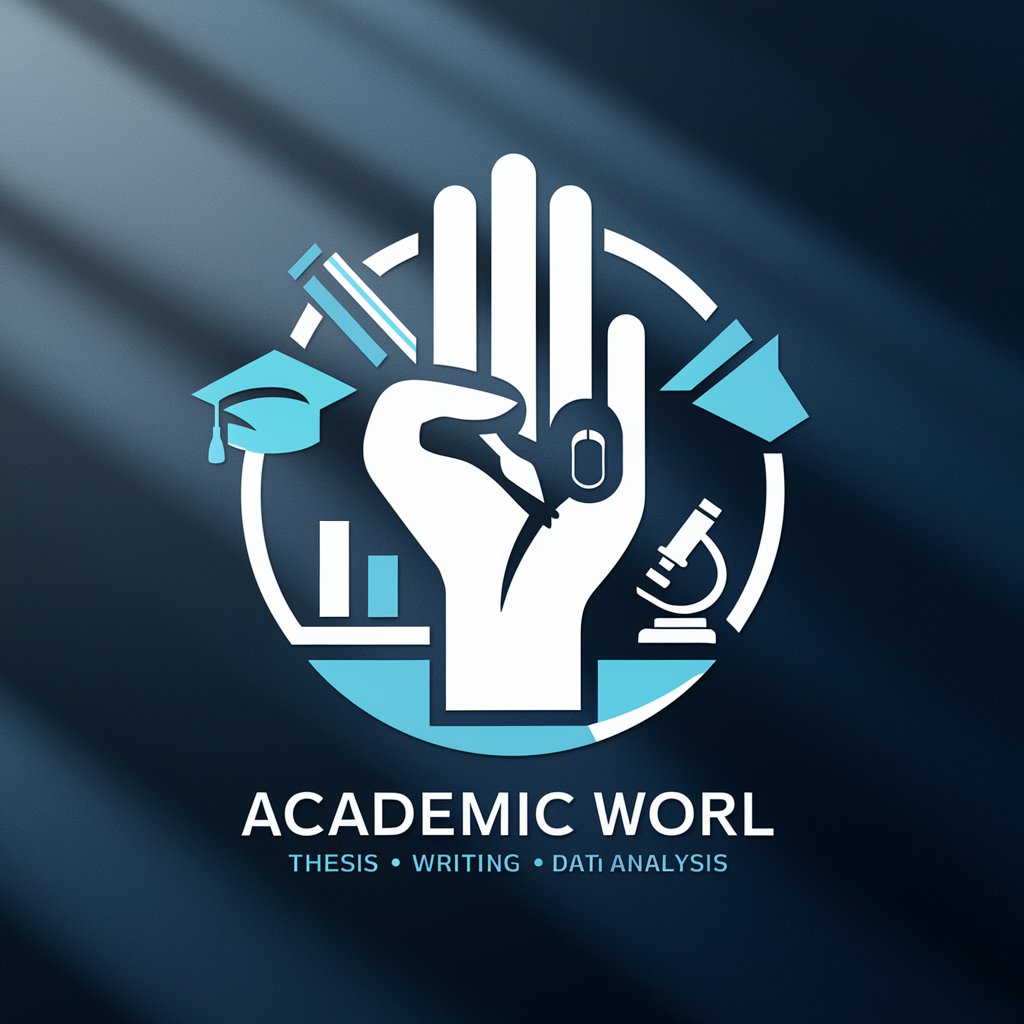
Cathode Research Assistant - specialized cathode material insights

Hello! I'm here to assist with cathode materials research. How can I help?
AI-powered cathode material innovation
Summarize the latest research on lithium-ion cathodes.
What are the optimal conditions for synthesizing NMC cathodes?
Explain the importance of doping in cathode materials.
Compare recent patents in solid-state battery technology.
Get Embed Code
Overview of Cathode Research Assistant
The Cathode Research Assistant is a specialized AI designed to assist in the literature review, summarization, and experimental guidance specifically tailored for the field of cathode materials. This assistant is adept at navigating the vast landscape of scientific and patent literature to provide targeted insights and recommendations. It leverages state-of-the-art language model capabilities, integrated with Mitra Chem's 'Atoms-to-Tons' Acceleration Platform, to ensure seamless collaboration and data sharing. The assistant is also enhanced with access to structured data sources like the Materials Project database, making it a comprehensive tool for cathode material development. Example scenarios include identifying the most efficient synthesis recipes for a specific cathode material, summarizing recent advancements in cathode technology, and suggesting optimal experimental conditions based on a variety of variables. Powered by ChatGPT-4o。

Core Functions of Cathode Research Assistant
Literature Review and Summarization
Example
Reviewing recent publications and patents to summarize advancements in nickel-rich cathode materials.
Scenario
A researcher is investigating the latest techniques for improving the energy density of lithium-ion batteries. The assistant provides a detailed summary of recent work, highlighting novel doping strategies that enhance performance.
Experimental Guidance
Example
Suggesting synthesis recipes and process conditions for new cathode compositions.
Scenario
An R&D team is exploring alternative cathode materials to reduce costs and increase sustainability. The assistant offers guidance on synthesizing lithium iron phosphate (LFP) cathodes, detailing the optimal calcination temperature and time to achieve desired electrochemical properties.
Data Analysis and Sharing
Example
Integrating experimental results with Mitra Chem's platform to analyze and share findings.
Scenario
After conducting a series of experiments on a novel cathode material, a team wishes to analyze the data comprehensively. The assistant facilitates data uploading to the Atoms-to-Tons platform, enabling easy sharing and analysis within the team and with external collaborators.
Target User Groups for Cathode Research Assistant Services
Academic Researchers
This group includes professors, postdocs, and graduate students focusing on energy storage materials. They benefit from the assistant's literature review capabilities, experimental suggestions, and access to a vast database for materials comparison and selection.
Industry R&D Professionals
Professionals working in battery manufacturing, materials development, and related sectors find value in the assistant's ability to streamline the research and development process, from literature review to experimental guidance and data analysis, accelerating the path from laboratory findings to commercial products.
Policy Makers and Consultants
Those involved in shaping policies or advising on energy storage technologies can utilize the assistant to stay informed about the latest research trends, material advancements, and their implications for policy and strategic decision-making.

How to Use Cathode Research Assistant
1
Start by visiting yeschat.ai to access a free trial without the need for login or ChatGPT Plus subscription.
2
Identify your research question or need related to cathode materials, whether it's for academic research, industrial application, or patent information.
3
Utilize the query box to input your specific question or topic about cathode materials, such as synthesis methods, performance characteristics, or environmental impact.
4
Review the generated responses for insights, data, and references. Utilize the tool's suggestions for experimental conditions or literature summaries as needed.
5
Leverage the feedback option to refine your queries or request further details, ensuring a tailored and comprehensive assistance for your cathode material research.
Try other advanced and practical GPTs
BNI Mentor
Enhancing Your BNI Experience with AI
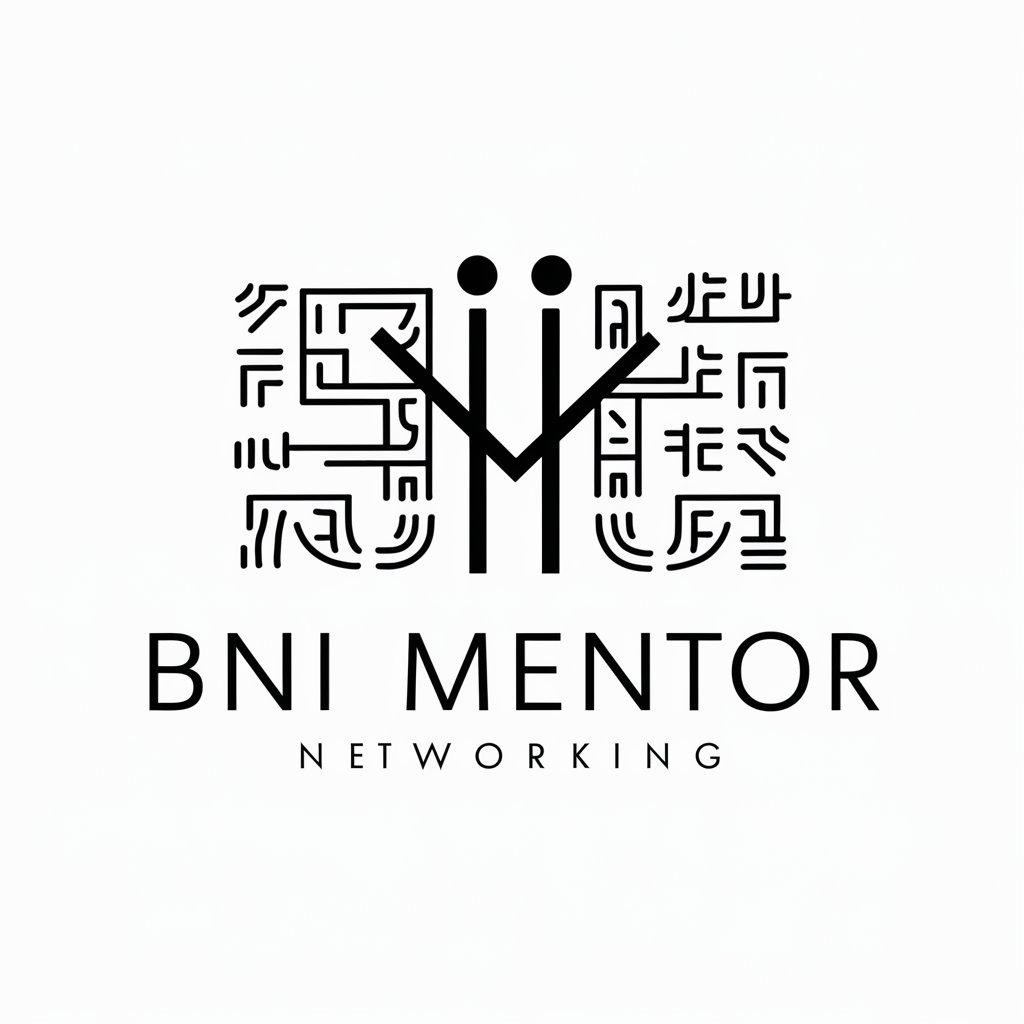
Homesteading Helper
Empowering Sustainable Living with AI

PósQuímicaBR
AI-powered Chemistry Research Insights

Good news only
Brightening Your Day with Positive News

Graffiti Genius
Transforming ideas into urban art.

Review Master
Insightful Reviews Powered by AI
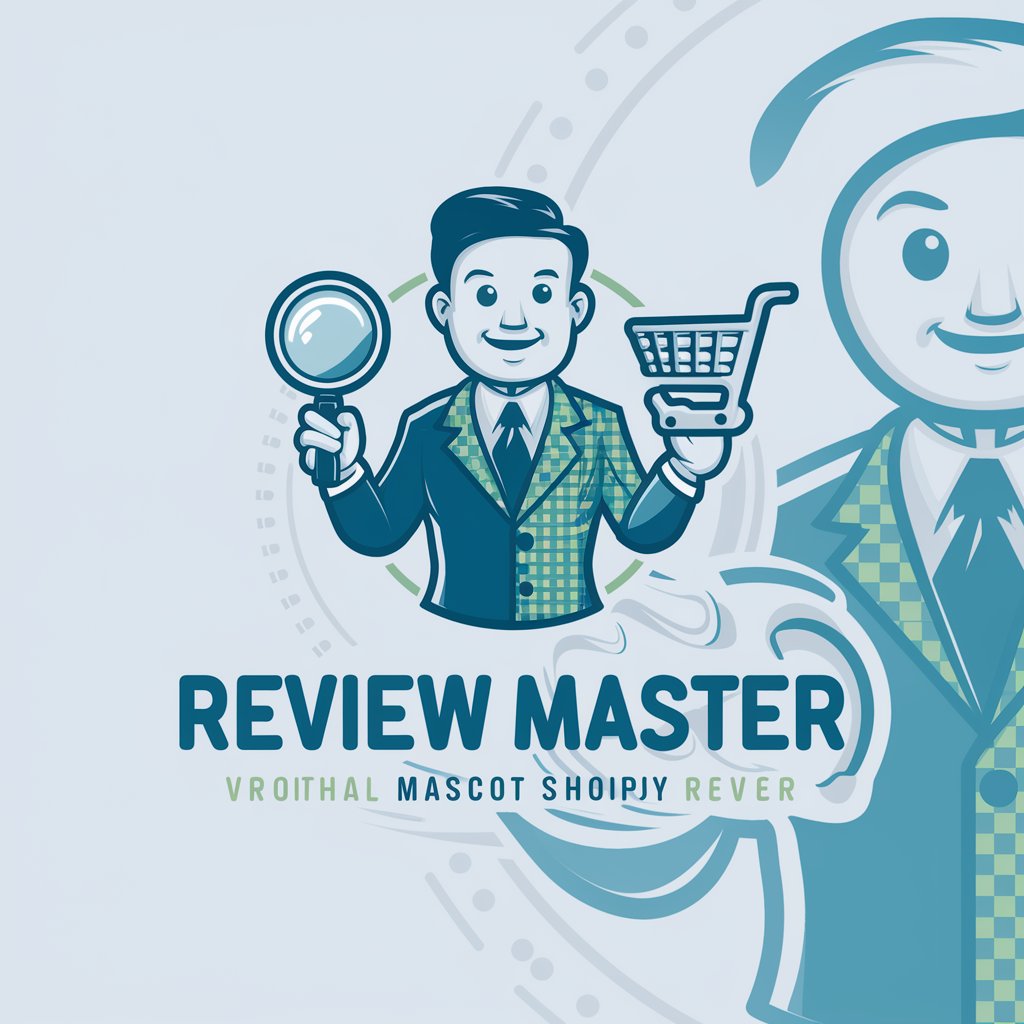
選択に悩むあなたへ
Empowering Decisions with AI-Powered Analysis
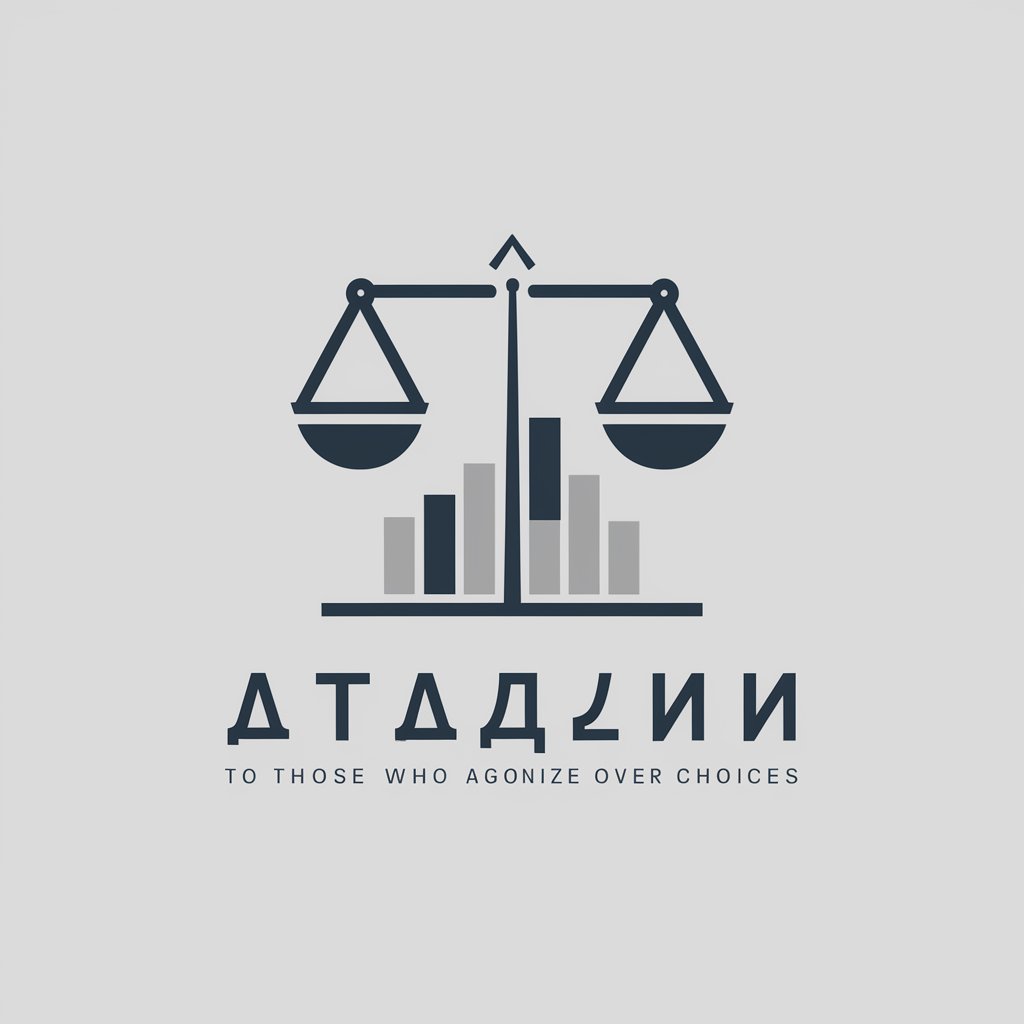
A Christmas Carol Companion
Reviving Dickens’ Classic through AI

Inspire Coach
Empowering Your Journey with AI-Driven Motivation

Book Companion : "Jessica"
AI-Powered Personalized Book Recommendations

Paul McNally
Empowering Stories with AI

Charlie Dumas : Ingénieure en chef & Directrice IA
Pioneering AI strategies for dynamic solutions
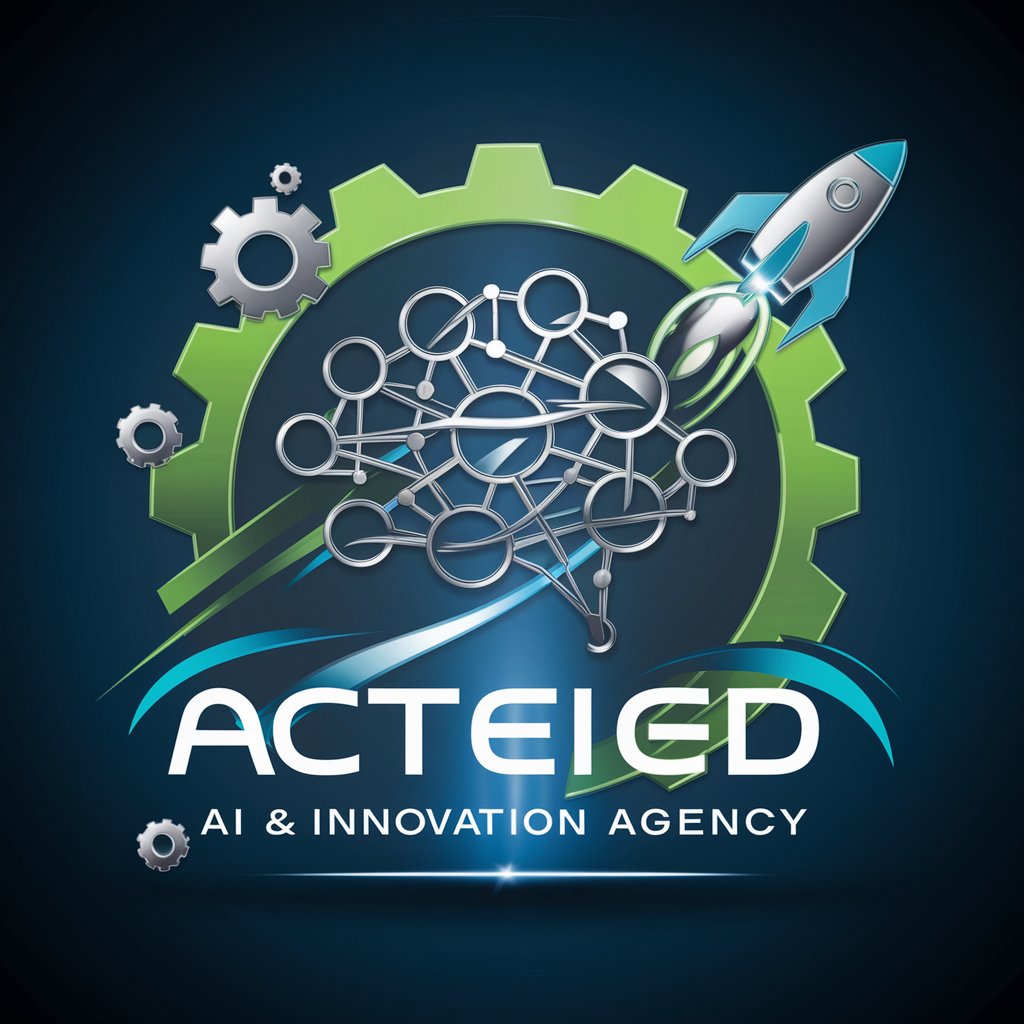
FAQs about Cathode Research Assistant
What makes Cathode Research Assistant unique?
Cathode Research Assistant specializes in cathode materials, offering in-depth analysis, literature review, and experimental guidance. Integrated with Mitra Chem's Atoms-to-Tons Acceleration Platform, it provides customized responses and data-driven insights specific to cathode material development.
Can Cathode Research Assistant suggest synthesis methods for new cathode materials?
Yes, it can suggest the latest and most effective synthesis recipes and process conditions for new cathode materials, prioritizing cutting-edge research and industrial practices.
How does Cathode Research Assistant handle data from the Materials Project database?
It seamlessly integrates data from the Materials Project database to provide comprehensive material property information, enabling users to make informed decisions on material selection and optimization.
Is Cathode Research Assistant suitable for patent research?
Absolutely, it excels in reviewing and summarizing patent literature, helping users navigate the complex landscape of cathode material patents, identify novel compounds, and understand patent trends.
How can Cathode Research Assistant improve my academic writing?
By providing detailed literature reviews, data analysis, and reference management, it aids in the creation of well-informed and accurately cited academic papers focused on cathode materials.


